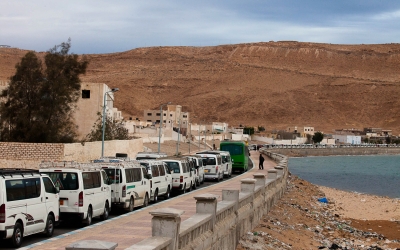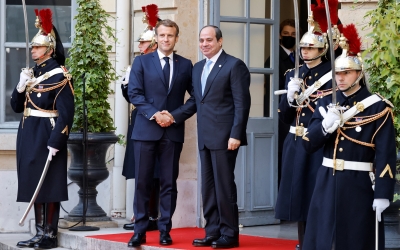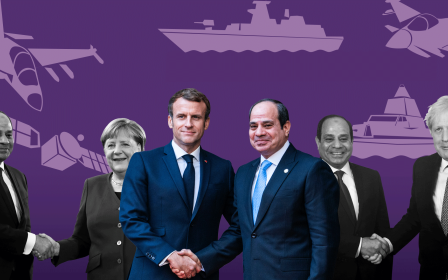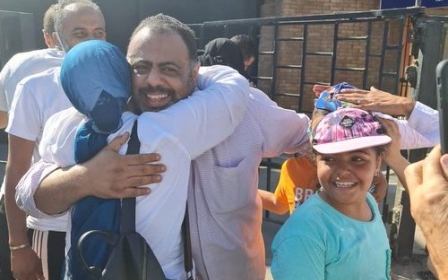France and Egypt sued over 'crimes against humanity' after Libya border operation
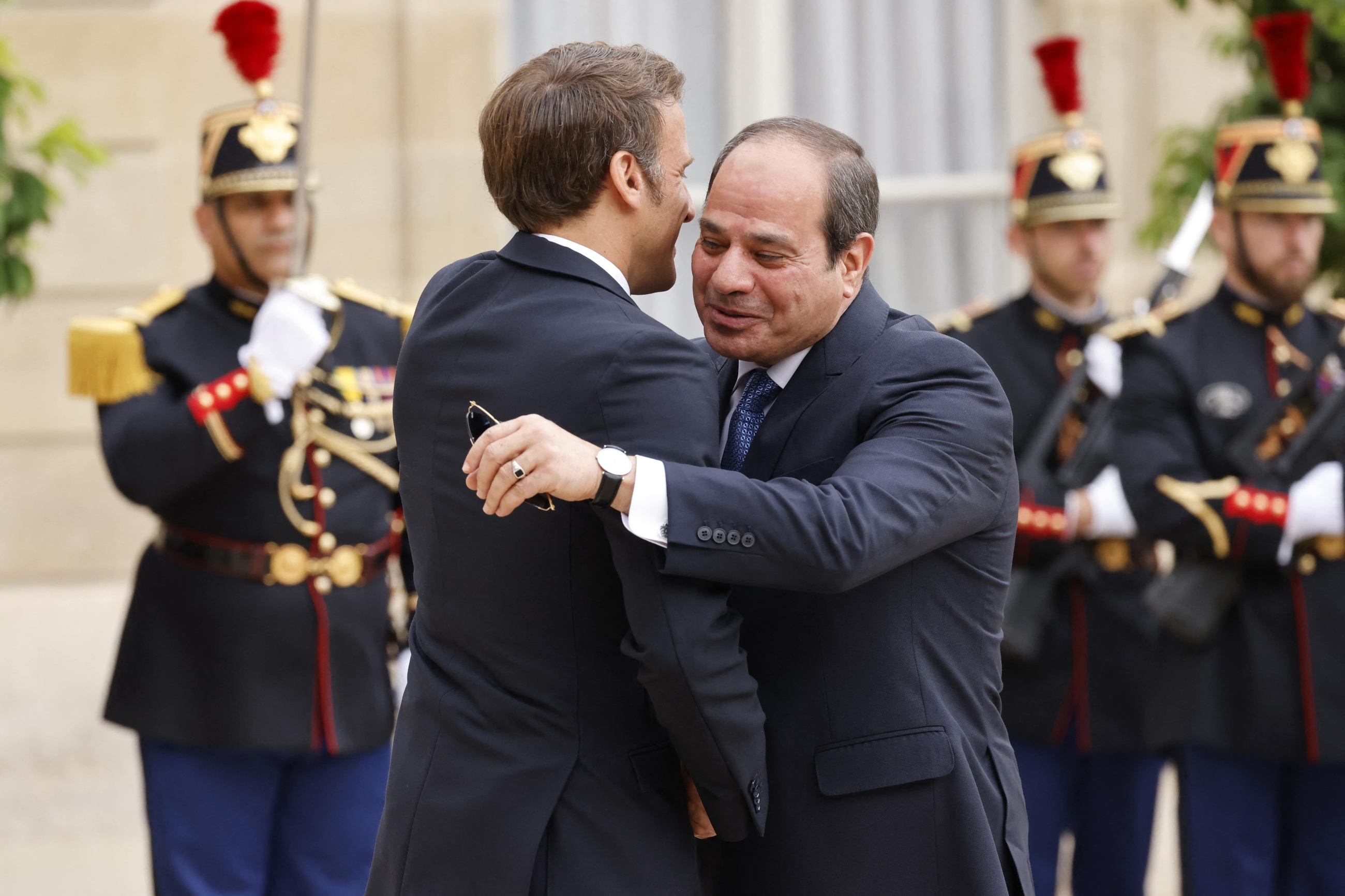
Two American advocacy groups filed a joint complaint on Monday asking France’s national anti-terrorism prosecutor and the UN to investigate Paris’ complicity in crimes against humanity in Egypt, according to investigative news website Disclose.
The two groups, Egyptians Abroad for Democracy and Code Pink, are calling for the investigation following revelations by the French website on Cairo’s alleged “execution of civilians” and indiscriminate air strikes over suspicion of smuggling across the border with Libya, made possible by intelligence provided by the French army to Egypt six years ago.
“It is hoped that the prosecutor will seize this opportunity to put an end to impunity for crimes committed by the Egyptian regime, including torture, with the complicity of French players, all within the opaque framework of arms contracts,” said Louise Dumas, one of the two lawyers involved in the joint complaints.
The two groups also referred the case to three United Nations special rapporteurs - on extrajudicial, summary and arbitrary executions, on torture and on the promotion and protection of human rights while countering terrorism.
“The UN submission allows for the impact and harm suffered by the direct victims killed and injured by the targeted attacks carried out by Egypt against civilians to be considered by the UN Special Rapporteurs, while also acknowledging and addressing the harm to the families who themselves suffered as indirect victims who have been denied the right to a family life, to a remedy and to the truth,” said Haydee Dijkstal, the other legal counsel for the NGOs.
Operation Sirli
The initial Disclose report - based on leaked documents – was published in November and suggested that the two countries cooperated in a mission codenamed Operation Sirli, which was originally focused on providing intelligence about militant threats along Egypt's western border.
According to those documents, the French military was implicated in at least 19 air strikes against civilians suspected of smuggling between 2016 and 2018.
After last year’s revelations suggesting the French anti-terrorism operation in Egypt - dating back to 2015 - was being used for internal repression, France's defence ministry filed a legal complaint in November over a "violation of national secrecy".
According to the documents, French soldiers sent to Egypt alerted their superiors on numerous occasions between 2016 and 2019 about the violations happening as part of Operation Sirli.
Despite these reports, which went all the way to the Elysee Palace, neither then president, Francois Hollande, nor his successor Emmanuel Macron put an end to this mission, prompting the NGOs to accuse the French state of complicity in arbitrary executions.
The complaint also said the suffering endured by survivors in the aftermath of air strikes can constitute “crimes of torture”. The perpetrators can be held accountable due to universal jurisdiction, which allows the French judiciary to prosecute and charge severe crimes committed by French and non-French citizens outside the country.
Challenges are expected to come up as Operation Sirli is shielded by its secretive nature as a national security issue. The Ministry of Armed Forces concluded last February that the operation had preventive measures in place and respected a clear framework.
Despite efforts from Paris to shift its arms exports to Europe, Egypt remains one of the main recipients of French military equipment.
According to the Stockholm International Peace Research Institute, between 2013 and 2020 France was the top EU exporter of arms to Egypt and the second globally after Russia, surpassing the United States. The volume of arms exports from France has increased dramatically in comparison to the years preceding President Abdel Fattah el-Sisi's rule.
France also signed a €4bn ($4.5bn) deal in May 2021 for the sale of Rafale fighter jets to Egypt, to be delivered in 2024.
In December 2020, President Macron declared he would not make arms sales to Egypt conditional on human rights, because he did not want to weaken Cairo's ability to combat militancy in the region.
This article is available in French on Middle East Eye French edition.
Middle East Eye propose une couverture et une analyse indépendantes et incomparables du Moyen-Orient, de l’Afrique du Nord et d’autres régions du monde. Pour en savoir plus sur la reprise de ce contenu et les frais qui s’appliquent, veuillez remplir ce formulaire [en anglais]. Pour en savoir plus sur MEE, cliquez ici [en anglais].


